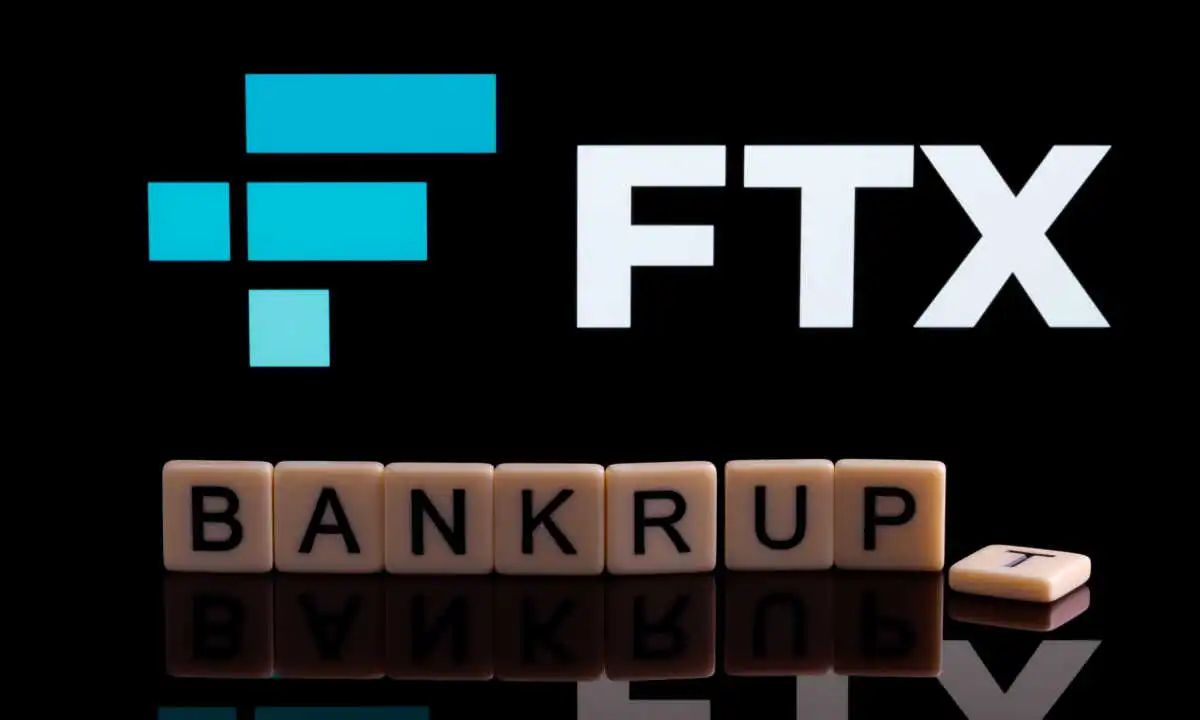1. Crypto Does Not Change Human Nature: Greed and
reckless behavior have plagued traditional finance for centuries, and the
crypto space is no exception. The FTX debacle exposed the inherent risks
associated with centralized entities and charismatic leaders, highlighting the
need for robust governance and oversight mechanisms.
2. Centralization Scales Fast, Decentralization
Does Not: While centralization allows for rapid growth and expansion, it also
creates vulnerability and single points of failure. FTX's reliance on a small
group of individuals ultimately led to its downfall. Decentralization, while
slower to scale, offers greater resilience and security, as it distributes
power and control across a network of participants.
3. Decentralization Illusion: Many centralized
exchanges marketed themselves as "decentralized" while lacking the
core characteristics of true decentralization. This disconnect between
marketing and reality contributed to a false sense of security among investors,
leading to significant losses when the truth came to light.
4. From Trustless to Trusted – Regulation or
Reputation: The crypto industry has long touted its "trustless"
nature, but the FTX collapse demonstrated the need for some form of trust and
accountability. This could come through clear regulations or the establishment
of strong reputations by reliable players in the space.
5. More 'Proof-Of(s)': The FTX saga highlighted the
importance of transparency and verification. Utilizing
"proof-of-reserves" and other cryptographic mechanisms to prove the
legitimacy of assets and operations is crucial for building trust and
preventing future collapses.
Learning from the FTX collapse is essential for
building a more robust and trustworthy crypto ecosystem. By embracing
decentralization, prioritizing transparency, and implementing robust governance
structures, we can create a future where crypto can reach its full potential.








0 Comments